Agriculture
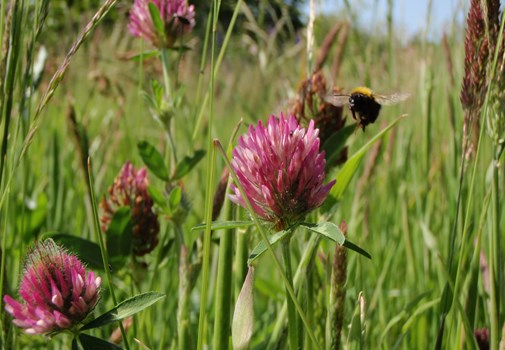
A Bright Funding Future Ahead?
A new capital grant scheme is set to support farmers and crofters in improving the sustainability, efficiency, and resilience of their agricultural businesses.…
- Alex Pirie
- 07/07/2025
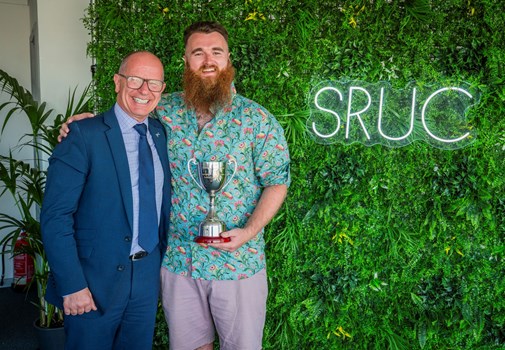
Food & farming podcaster wins prestigious agricultural communications award
A former SRUC lecturer and student has added to his growing collection of accolades with the Fordyce Maxwell Award for Agricultural Communications. Wallace Currie, who studied at SRUC before spending…
- SRUC
- 24/06/2025
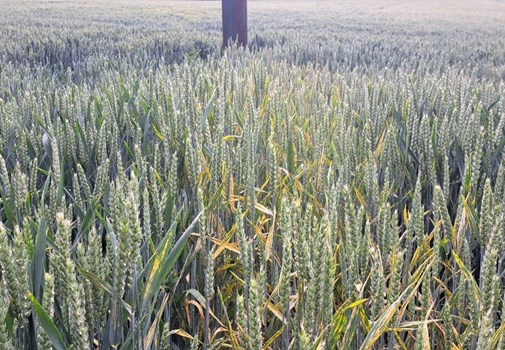
Crop updates: 20 June 2025
Our regular round up of the issues affecting crops around Scotland, summarises how crops are developing and what weather and other issues are affecting them. The update provides information on the progress with key field work activities as well as news on the pest, weed and disease problems being noted in crops.…
- SRUC
- 20/06/2025
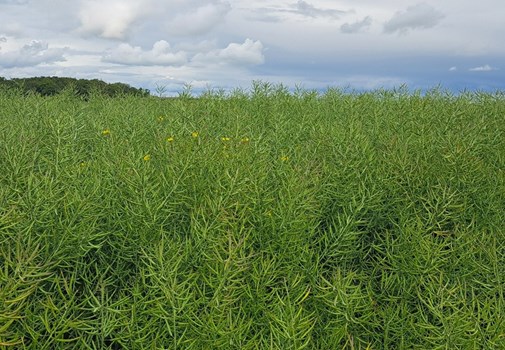
Crop updates: 5 June 2025
Our regular round up of the issues affecting crops around Scotland, summarises how crops are developing and what weather and other issues are affecting them. The update provides information on the progress with key field work activities as well as news on the pest, weed and disease problems being noted in crops.…
- SAC Consulting
- 11/06/2025
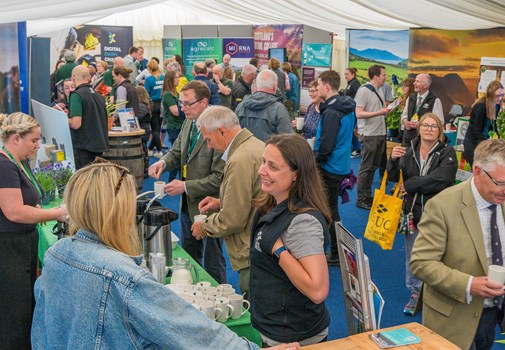
SRUC innovation on show at Royal Highland Show 2025
Innovative research, hands-on learning and a range of fun activities can be found at SRUC’s stand at the Royal Highland Show, following an extraordinary year of achievements for the institution. After gaining taught degree awarding powers and opening Scotland’s first new school of veterinary medicine in nearly 150 years…
- SRUC
- 04/06/2025
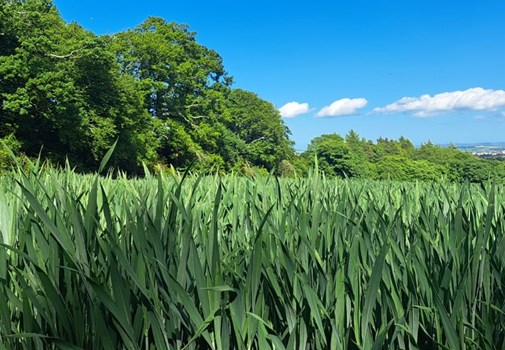
Crop updates: 23 May 2025
Crops with better rooting have been more resilient in the dry conditions. Our regular round up of the issues affecting crops around Scotland, summarises how crops are developing and what weather and…
- SAC Consulting
- 28/05/2025
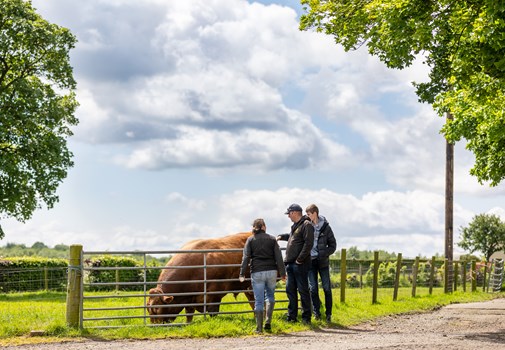
Headwinds and High Spots: The Economic State of Scottish Farming
Earlier in April, the Scottish Government published its annual Scottish Farm Business Survey results for 2023-2024. This detailed economic and environmental data is gathered from 400 volunteer commercial farms in Scotland across the traditionally supported sectors.…
- SAC Consulting
- 26/05/2025
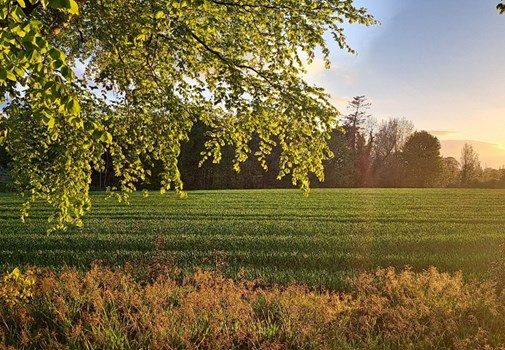
Crop updates: 8 May 2025
Growth rates in crops vary widely and some crops are leaping ahead with awns out in winter barley and flag leaves emerging in winter wheat and oats. Cool and dry weather is definitely holding back some crops and is certainly impacting pest, weed, and disease levels. Since crops are at a huge range of growth stages and often a bit off calendar norms we have covered as many bases as possible in this report. …
- SAC Consulting
- 14/05/2025

Top Award for Consultant Who Champions Women in Agriculture
SAC Consulting’s Mary-Jane Lawrie was last night named ‘Agricultural Advisor of the Year’ at a glittering ceremony in London.…
- SAC Consulting
- 07/05/2025
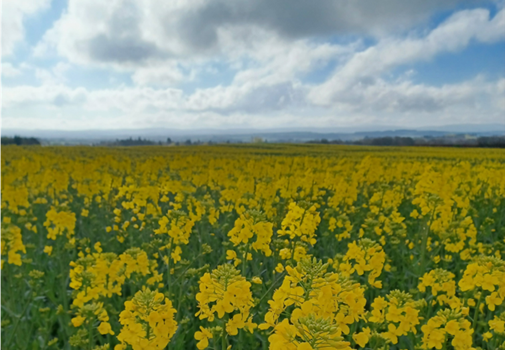
Crop updates: 24 April 2025
Our regular round up of the issues affecting crops around Scotland, summarises how crops are developing and what weather and other issues are affecting them. The update provides information on the…
- SAC Consulting
- 02/05/2025
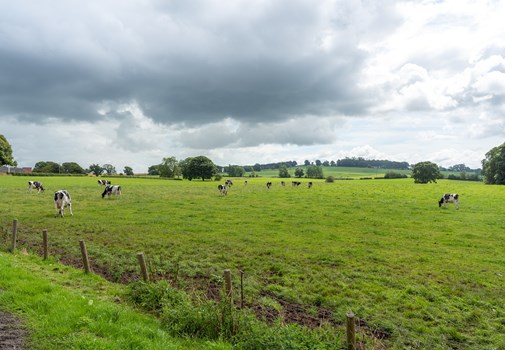
SRUC creates golden dairy farm opportunity
Acrehead farm. A rare opportunity to take over the running of a long-established dairy farm has been created by SRUC. Applications are now open for the position, which will come with minimal upfront…
- SRUC
- 01/05/2025
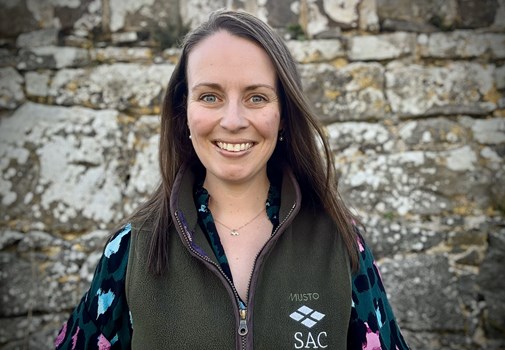
Mary-Jane Lawrie talks farming, biodiversity, and empowering women in agriculture
Senior Agricultural Consultant, Mary-Jane Lawrie has been shortlisted for a top industry prize. …
- SAC Consulting
- 24/04/2025
